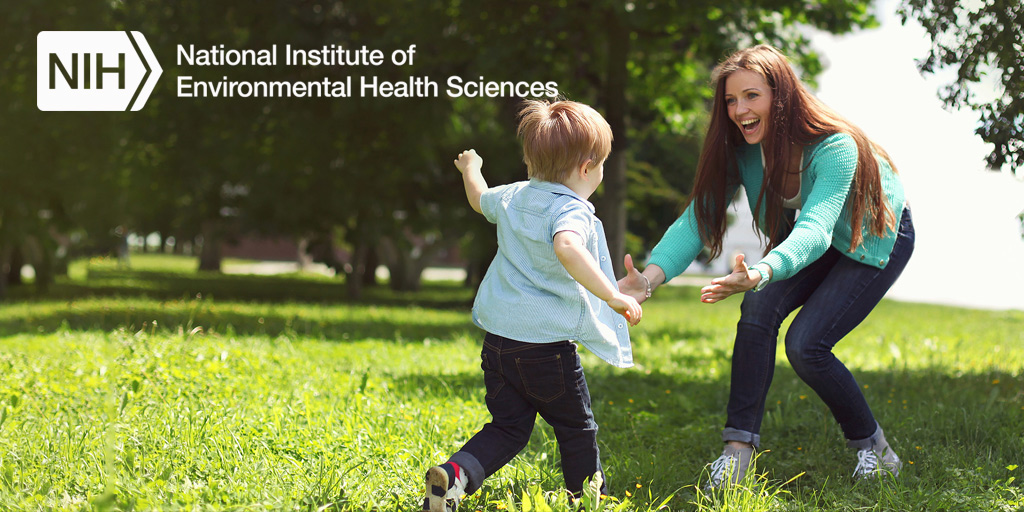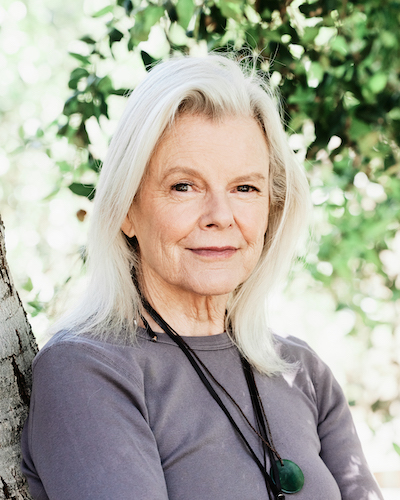Event Report: Virtual Discussion on “The Dry Season”
Event Overview and Alignment with Sustainable Development Goals (SDGs)
A virtual event has been scheduled featuring author Melissa Febos in conversation with E.R. Anderson. The discussion, hosted by Charis, will center on Febos’s memoir, “The Dry Season: A Memoir of Pleasure in a Year Without Sex.” The event’s themes of feminist empowerment, personal well-being, and accessible education directly support several key United Nations Sustainable Development Goals (SDGs).
Core Themes and Contribution to SDG 5: Gender Equality
The memoir’s exploration of solitude, freedom, and feminist perspectives during a year of celibacy provides a critical platform for advancing SDG 5: Gender Equality. The discussion aims to empower individuals by examining and deconstructing societal norms related to female pleasure and autonomy.
- Female Autonomy: The narrative champions a woman’s right to define her own experience with sexuality and pleasure.
- Feminist Dialogue: By highlighting “feminist heroes,” the conversation contributes to a broader understanding and appreciation of feminist thought and its role in achieving gender equality.
- Challenging Stereotypes: The event provides a forum to challenge conventional narratives about relationships and solitude, promoting a more inclusive understanding of women’s experiences.
Promoting Well-being and Education (SDG 3 & SDG 4)
The event serves as a valuable resource for promoting public knowledge and well-being, aligning with SDG 3 (Good Health and Well-being) and SDG 4 (Quality Education).
- Mental and Emotional Well-being: The discussion of solitude and self-discovery contributes to important conversations about mental health and emotional resilience, key targets within SDG 3.
- Lifelong Learning: By offering a free and accessible literary discussion, the event fosters lifelong learning opportunities for all, providing quality educational content outside of traditional institutions, in line with SDG 4.
Enhancing Inclusivity and Accessibility (SDG 10 & SDG 16)
The operational framework of the event underscores a commitment to SDG 10 (Reduced Inequalities) and supports the principles of SDG 16 (Peace, Justice, and Strong Institutions) by ensuring broad and equitable access.
- Platform: The event will be held on Crowdcast, a virtual platform, removing geographical barriers to participation.
- Cost: The event is free of charge, eliminating economic barriers and ensuring access for individuals regardless of income level.
- Access Protocol: While free, registration is required to facilitate an organized and secure virtual environment for all attendees.
Sustainable Development Goals (SDGs) in the Article
1. Which SDGs are addressed or connected to the issues highlighted in the article?
- SDG 3: Good Health and Well-being: The article announces a discussion about a memoir covering themes of “pleasure,” “celibacy,” and “solitude.” These topics are integral to sexual health and mental well-being, which are core aspects of SDG 3.
- SDG 5: Gender Equality: The book is described as an “examination of the solitude, freedoms, and feminist heroes.” The focus on “feminist heroes” and a woman’s personal journey toward “freedoms” directly addresses the goal of empowering women and promoting gender equality.
- SDG 4: Quality Education: The event itself is a “discussion” designed to educate the public. By providing a platform to examine a memoir and its themes, it contributes to lifelong learning opportunities and fosters dialogue on important social issues like feminism and well-being.
2. What specific targets under those SDGs can be identified based on the article’s content?
- Under SDG 3 (Good Health and Well-being):
- Target 3.7: “By 2030, ensure universal access to sexual and reproductive health-care services, including for family planning, information and education…” The event, by facilitating a discussion on pleasure and celibacy, directly contributes to the “information and education” component of this target.
- Under SDG 5 (Gender Equality):
- Target 5.5: “Ensure women’s full and effective participation and equal opportunities for leadership at all levels of decision-making in political, economic and public life.” The event promotes this target by featuring a female author, Melissa Febos, as a leading voice in a public cultural discussion, thereby enhancing women’s participation and visibility in public life.
- Under SDG 4 (Quality Education):
- Target 4.7: “By 2030, ensure that all learners acquire the knowledge and skills needed to promote sustainable development, including, among others, through education for… gender equality…” The discussion about “feminist heroes” serves as an educational activity that promotes knowledge and understanding of gender equality.
3. Are there any indicators mentioned or implied in the article that can be used to measure progress towards the identified targets?
The article, being an event announcement, does not provide quantitative data but implies the existence of activities that serve as qualitative indicators of progress.
- For Target 3.7: The existence of the event itself—a free, public virtual discussion on topics of sexual well-being—is an implied indicator of the availability of educational resources on sexual health.
- For Target 5.5: An implied indicator is the organization of public events that feature women as experts and primary speakers. The article describes one such event, highlighting the author Melissa Febos.
- For Target 4.7: The creation and promotion of cultural and educational content (the book and the subsequent discussion) that addresses gender equality and feminism is an implied indicator of efforts to educate the public on these issues.
4. Summary Table of SDGs, Targets, and Indicators
| SDGs | Targets | Indicators (Implied from the article) |
|---|---|---|
| SDG 3: Good Health and Well-being | Target 3.7: Ensure universal access to sexual and reproductive health-care services, including for family planning, information and education… | The existence of a public discussion event focusing on themes of pleasure and celibacy, contributing to education on sexual and mental well-being. |
| SDG 5: Gender Equality | Target 5.5: Ensure women’s full and effective participation and equal opportunities for leadership… in public life. | The event features a female author (Melissa Febos) as the main speaker, promoting women’s voices and participation in the public cultural sphere. |
| SDG 4: Quality Education | Target 4.7: Ensure that all learners acquire the knowledge and skills needed to promote… gender equality… | The availability of an educational event (the book discussion) that examines “feminist heroes,” thereby promoting knowledge related to gender equality. |
Source: artsatl.org







